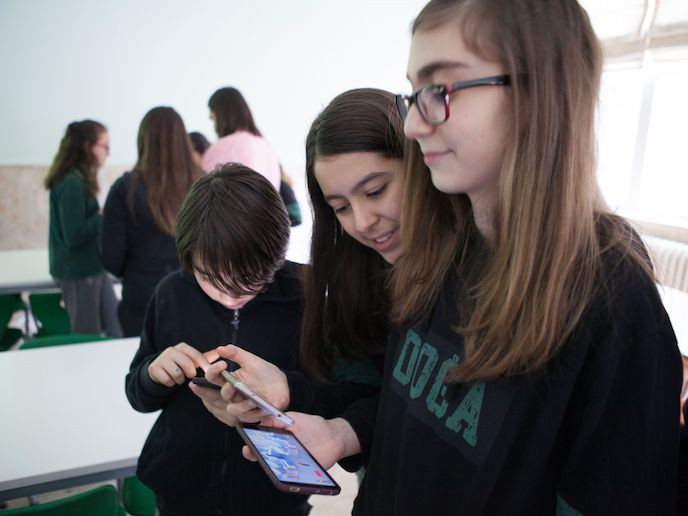Helping teachers improve science education
Helping teachers to enhance science education offers many potential benefits for improved student engagement, attainment, scientific literacy and science career choices. The 'Science teacher education advanced methods' (S-TEAM) project thus set out to enable advances in this area by connecting existing science education research and teacher knowledge to teacher education. In the context of this project, the term 'science' includes the natural sciences and some areas of technology, as well as mathematics. Comprising 26 partners across 15 nations, the consortium explored problem-solving, hands-on experimentation, and authentic student-led content and critical dialogue. It also emphasised the need for wider development of teacher skills and knowledge. Funded under the EU's Seventh Framework Programme, S-TEAM activities included the production of a wide range of materials and attendance at or organisation of more than 200 events. Education systems were addressed at the levels of policy, teacher education and teaching. Extensive reports were drawn up on the uptake and measurement of inquiry-based science teaching (IBST), and a range of training and development courses were designed for teacher professional development. At the level of teaching, project partners developed teaching sequences and other materials to assist teachers with the implementation of IBST in their classrooms. The project outlined a number of significant learning outcomes that are significant for all stakeholders, and applicable to various cultural contexts in which inquiry might be practiced. More information is available on the project’s website(opens in new window). The team's efforts succeeded in greatly increasing awareness of IBST and methods in science across a wide range of national contexts. By reaching out to teachers, teacher educators, researchers, students, parents and policymakers in dialogue, the project endeavoured to realise maximum impact of the project's activities, and the knowledge produced and disseminated. S-TEAM, completed in 2012, will continue to communicate its results and maintain its various activities, through web-based resources and other dissemination means. Project outcomes will go a long way towards improving the attitudes, motivation and learning of young people in science education.







